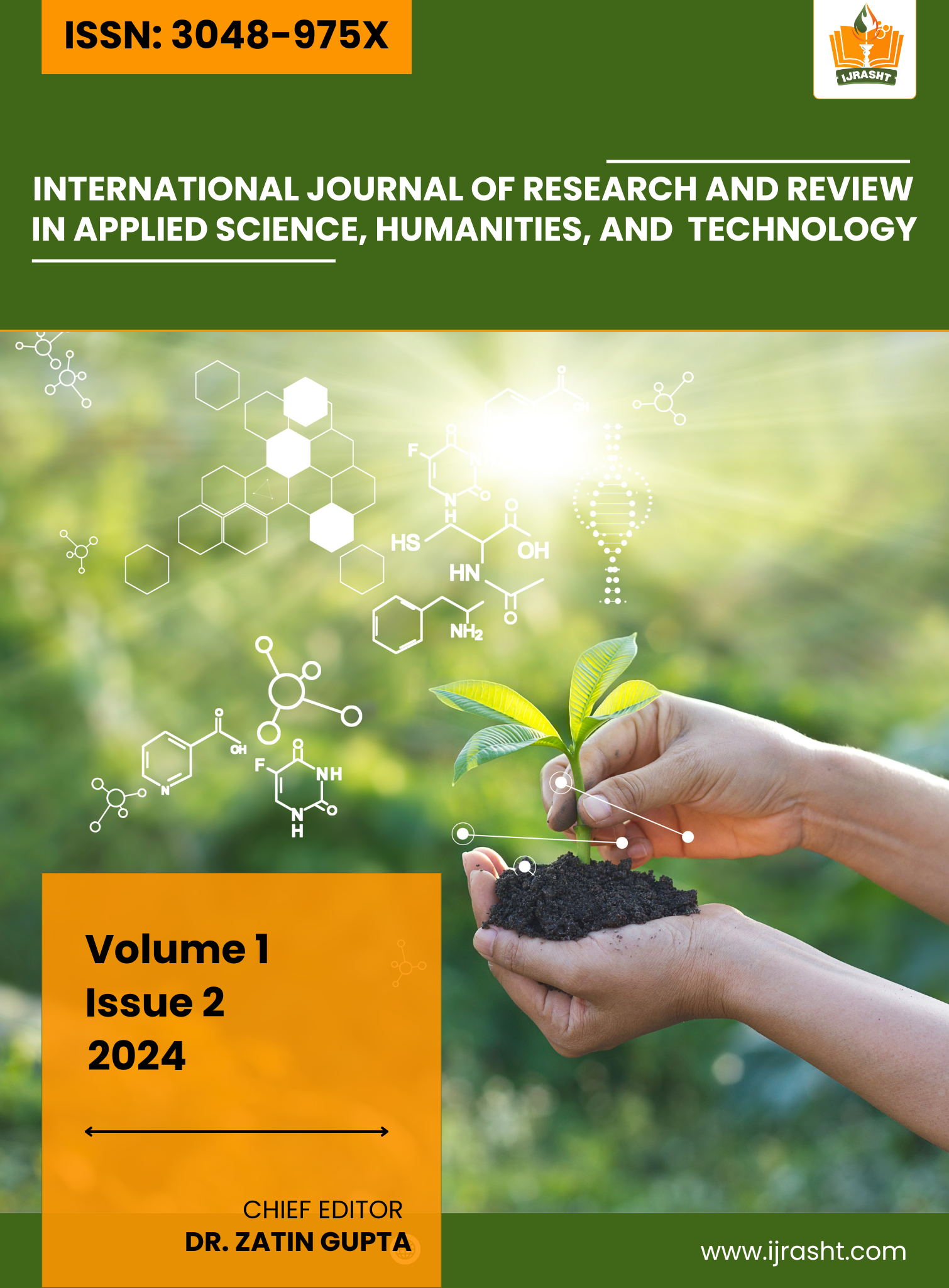Effect of Temperature on the Percentage of Germination of Mung Beans
DOI:
https://doi.org/10.71143/s7919455Keywords:
Mung beans, germination percentage, temperature, agricultural productivity, Vigna radiata.Abstract
This study explores how temperature affects the germination percentage of mung beans (Vigna radiata), a crucial crop valued for its nutritional benefits and adaptability to various climates. As global temperatures rise, understanding the influence of temperature on seed germination becomes increasingly important for agricultural productivity. We hypothesized that higher temperatures would enhance germination rates due to increased metabolic activity and improved seed coat permeability. Mung beans were subjected to three distinct temperature conditions: cold (10°C), room temperature (25°C), and warm (35°C). Over ten days, we recorded the number of seeds that successfully sprouted in each environment. Our results showed a significant correlation between temperature and germination percentage. The warm environment yielded the highest germination rate at 85%, while the cold environment resulted in only 30% germination. Statistical analysis confirmed that these differences were significant (p < 0.01). These findings align with previous research suggesting that optimal temperatures for mung bean germination range between 30-35°C. We conclude that temperature is a critical factor influencing mung bean germination, with warmer conditions promoting faster and more successful sprouting. Future research could explore the impact of extreme temperatures on subsequent plant growth and yield, offering insights for agricultural practices in a changing climate.
Downloads

Downloads
Published
Issue
Section
License
Copyright (c) 2024 International Journal of Research and Review in Applied Science, Humanities, and Technology

This work is licensed under a Creative Commons Attribution-NonCommercial 4.0 International License.









